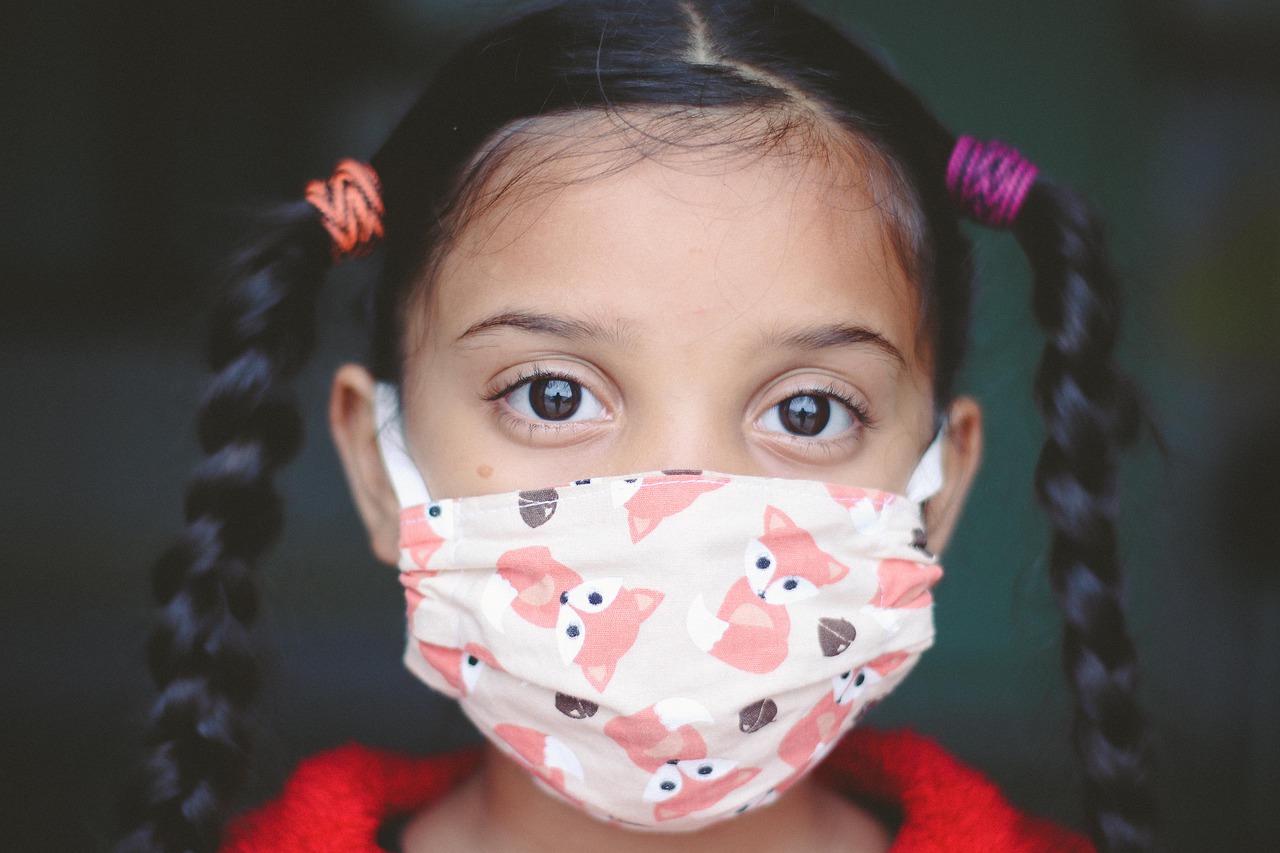
The details of the Omicron variation are becoming clearer, and they are encouraging.
They're not completely motivating, and I will enter some information about one of the greatest issues-- the tension on healthcare facilities, which are dealing with big varieties of moderately ill Covid-19 clients. However regular readers of this newsletter know that I try to avoid the bad-news predisposition that often infects journalism. (We journalists tend to be comfortable providing bad news directly but uneasy reporting excellent news without comprehensive cautions.)
So I want to be clear: The latest evidence about Covid is mainly favorable. A few weeks earlier, numerous experts and journalists were cautioning that the initial evidence from South Africa-- recommending that Omicron was milder than other versions-- may end up being a mirage. It has actually ended up being genuine.
"In health centers around the country, physicians are taking notice," my colleagues Emily Anthes and Azeen Ghorayshi compose.

"This wave of Covid seems various from the last one."
There are at least 3 primary ways that Omicron looks significantly milder than other versions of the infection:
1. Less hospitalization
Someone contaminated with Omicron is less likely to require hospital treatment than someone infected with an earlier variation of Covid.
An analysis of patients in Houston, for example, found that Omicron clients were just about one-third as most likely to require hospitalization as Delta patients. In Britain, people with Omicron were about half as likely to need medical facility care, the government reported. The pattern looks comparable in Canada, Emily and Azeen note.
Hospitalizations are however rising in the U.S., since Omicron is so contagious that it has actually caused a surge of cases. Lots of healthcare facilities are running short of beds and personnel, partly because of Covid-related lacks. In Maryland, more people are hospitalized with Covid than ever.

"Thankfully the Covid clients aren't as ill. But there's so many of them," Craig Spencer, an emergency clinic doctor in New York, tweeted on Monday, after a long shift. "The next couple of weeks will be really, really tough for us."
The biggest potential problem is that overloaded healthcare facilities will not have the ability to offer patients-- whether they have Covid or other conditions-- with simple however required care. Some may die as a result. That possibility discusses why lots of epidemiologists still urge individuals to take steps to decrease Covid's spread during the Omicron surge. It's likely to last at least a couple more weeks in the U.S.
2. Milder hospitalization
Omicron is not just less most likely to send out someone to the medical facility. Even among people who need hospital care, signs are milder on average than amongst people who were hospitalized in previous waves.

An important reason appears to be that Omicron does not assault the lungs as earlier variations of Covid did. Omicron rather tends to be focused in the nose and throat, triggering less clients to have breathing issues or need a ventilator.
As Dr. Rahul Sharma of NewYork-Presbyterian/Weill Cornell told The Times, "We're not sending as lots of patients to the I.C.U., we're not intubating as many clients, and really, most of our clients that are pertaining to the emergency department that do test positive are in fact being discharged."
In London, the variety of clients on ventilators has stayed roughly consistent in current weeks, even as the variety of cases has skyrocketed, John Burn-Murdoch of The Financial Times kept in mind.
3. And deaths?
In the U.S., mortality trends normally trail case trends by about three weeks-- which implies the Omicron surge, which started more than a month ago, should be visible in the death counts.

It isn't yet:
Data as of Jan. 3. Source: New York Times databaseCovid deaths will still probably rise in the U.S. in coming days or weeks, numerous experts say. For one thing, information can be postponed around major vacations. For another, millions of grownups stay unvaccinated and susceptible.
But the boost in deaths is not likely to be anywhere near as large as the increase last summer season, throughout the Delta wave. Look at the data from South Africa, where the Omicron wave is already declining:
South Africa reported identification of Omicron on Nov. 24. Source: Johns Hopkins UniversityThe bottom line
Offered the combination of rising cases and milder disease, how should people respond?
Dr. Leana Wen, Baltimore's former health commissioner, composed a practical Washington Post article in which she advised a middle path between reinstituting lockdowns and allowing Omicron to spread out uncontrolled.
"It's unreasonable to ask immunized individuals to refrain from pre-pandemic activities," Wen stated.

"After all, the specific danger to them is low, and there is a steep price to keeping trainees out of school, shuttering restaurants and retail shops and stopping travel and commerce."
However she advised people to get booster shots, suggested that they wear KN95 or N95 masks and encouraged federal governments and companies to mandate vaccination. All of those procedures can decrease the spread of Covid and, by extension, medical facility crowding and death.
What about senior or immunocompromised people, who have been at some risk of significant Covid disease even if they're vaccinated?
Various individuals will alter choices, and that's okay. Seriously immunocompromised people-- like those who have gotten organ transplants or are actively receiving cancer treatment-- have factor to be additional mindful. For otherwise healthy older individuals, on the other hand, the current data may be encouraging enough to impact their habits.
Consider this: Before Omicron, a common immunized 75-year-old who contracted Covid had a roughly comparable risk of death-- around 1 in 200-- as a normal 75-year-old who contracted the influenza.
(Here are the details behind that computation, which is based upon an academic study.)
Omicron has changed the computation. Since it is milder than earlier versions of the virus, Covid now appears to present less risk to a lot of vaccinated senior people than the annual flu does.
The influenza, obviously, does present risk for the elderly. And the large size of the Omicron surge might argue for care over the next few weeks. However the combination of vaccines and Omicron's evident mildness means that, for a private, Covid significantly resembles the sort of health threat that individuals accept every day.
 Add Row
Add Row  Add
Add 




Write A Comment